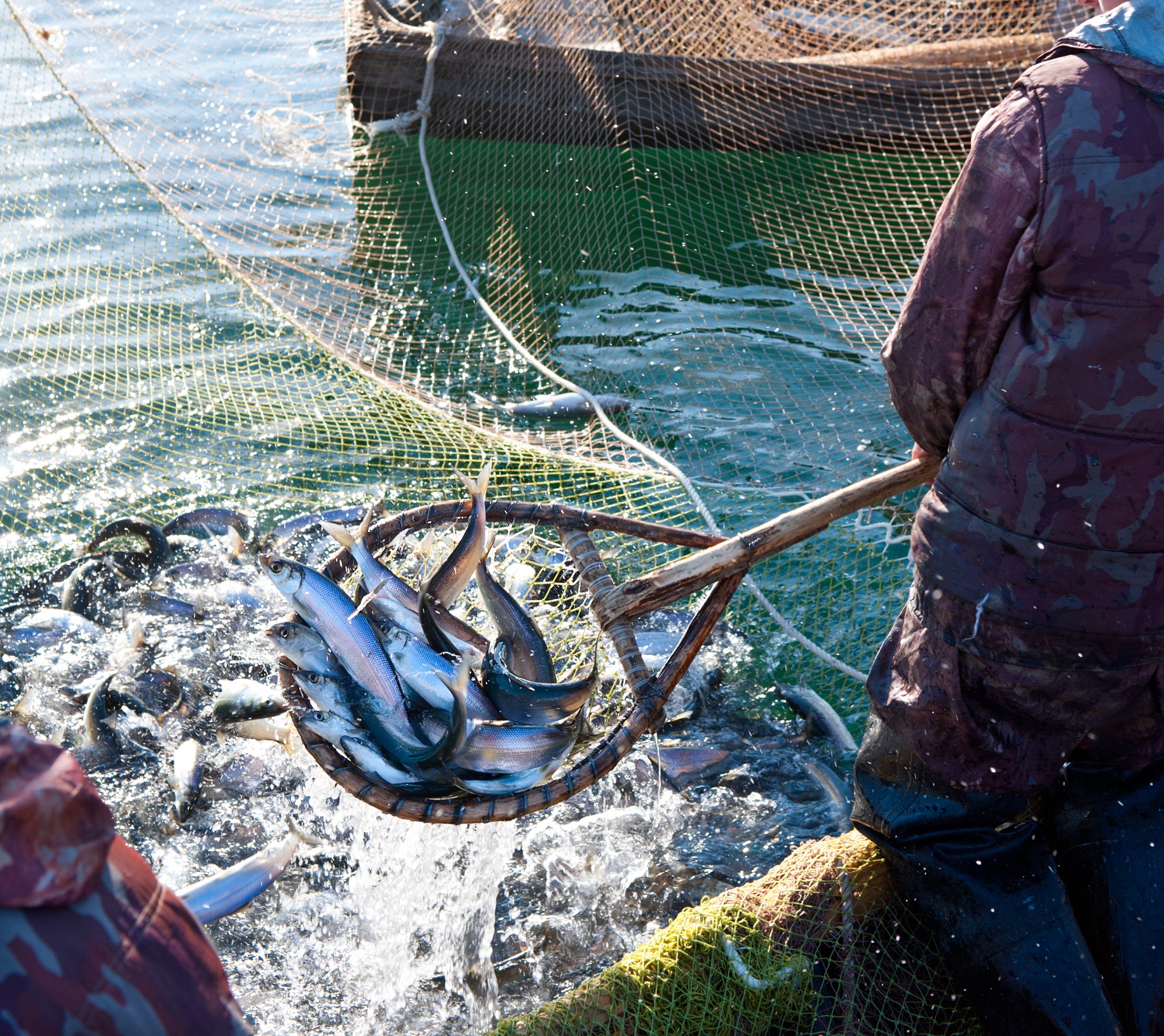
Analyses by an international team of researchers, led by Hobart-based scientists from the University of Tasmania (at IMAS and the Centre of Marine Socioecology) and CSIRO, show that 87 coastal countries could face decreases in both marine and land-based food production as the climate changes.
Lead author IMAS Associate Professor Julia Blanchard said the study, published in the journal Nature Ecology & Evolution, highlights the significant challenges facing many countries as they strive to reduce hunger, poverty and biodiversity threats under the growing human population and climate change.
(Image: Shutterstock)
“Global food security and environmental policies often separate sectors on land and sea, despite the important role of seafood and fisheries in the global food system,” Associate Professor Blanchard said.
“Our method of combining information on food production, biodiversity threat, human development, and future climate change projections for fisheries and agriculture is a first step towards identifying vulnerable countries and the potential trade-offs they face under future scenarios.”
Professor Beth Fulton from CSIRO said the research showed that while a few countries have increased food production by 2050, 87 of the world’s 119 coastal countries face declines in both agriculture and fisheries production by 2050.
“Although there are uncertainties associated with these projections, our assessment provides information for the countries facing this potential double-jeopardy to develop plans needed to adapt, for example by looking to trade partners or finding national solutions to boost food production,” Professor Fulton said.
“Developed nations are expected to have the capacity to adapt. However less-developed nations face some of the greatest declines while also currently have less capacity to adapt and face other societal and environmental threats.”
Professor Reg Watson from IMAS said these new challenges are emerging at a time when further improvements to fisheries management are still being pursued to reduce overfishing and biodiversity loss, as well as to alleviate hunger and poverty in many countries.
“We expect that wild seafood will make a vital but decreasing relative contribution to the global food supply in the next 30 years due to the strengthening of more controlled production systems such as aquaculture and the development of new methods of food and feed production.”
Associate Professor Julia Blanchard said the study highlights the importance of accounting for critical links and trade-offs across marine and terrestrial food production and ecosystems to achieve global sustainable development goals (e.g. United Nations Sustainable Development Goals).